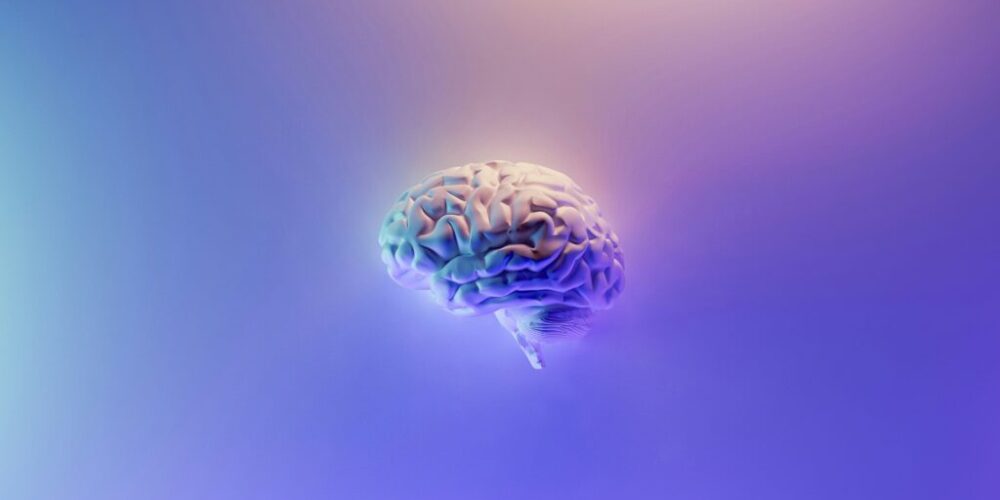Brain atrophy is a serious but little-known consequence of too much alcohol
Most of us know that too much alcohol isn’t good for the liver. But not many of us will have heard of a neurological condition called Wernicke-Korsakoff syndrome, or wet brain as it is more commonly known. This is a serious condition, left untreated the damage becomes irreversible and potentially fatal.
I was reminded of it by an old client who got back in touch recently to say she had been diagnosed with wet brain. This woman had struggled for a long time to stop drinking excessively, but this news was prompting her to recommit to her sobriety.
What causes wet brain?
This brain disorder is caused by a severe deficiency in thiamine, vitamin B1. Thiamine converts glucose into energy and if that can’t happen, then the body can’t function properly, and symptoms will start to show. There are other reasons for a thiamine deficiency, such as autoimmune diseases and malnutrition, but a high level of alcohol is the most common cause.
What\’s the link between thiamine and alcohol?
We all need thiamine for our hearts and for our nervous system. Thiamine helps us maintain the right amount of glucose in our blood stream. There are enzymes in the brain that need thiamine, including several critical neurotransmitters. When someone doesn’t get enough thiamine over a long period of time, they will develop brain damage or wet brain. Most people maintain a good level of thiamine through their diet. When people start drinking too much, their diet suffers. They don’t eat properly, and they often struggle to digest food well. They may vomit, suffer with nausea, diarrhoea, and increased urination. Alcohol also prevents the liver working well and so the liver then becomes unable to convert thiamine into a usable state.
How wet brain progresses
The first stage of the disease is known as Wernicke Encephalopathy, and the good news is, it can be reversed with medical treatment, if the person stops drinking alcohol. If the condition goes untreated or the person continues to drink, the encephalopathy will develop into something called Korsakoff syndrome or Korsakoff psychosis. Approximately 80 per cent of people with wet brain go on to develop this second stage, which is non-reversible. It can be managed, however, at this point, if the person continues to drink, the condition will become fatal. Sadly, 20 per cent of those with wet brain will die of the condition.
What are the symptoms?
In stage one people will experience…
- Increased confusion
- Sudden memory loss
- Rapid eye movements
- Muscle weakness
- Difficulty with balance or an inability to walk easily.
- Vision problems – double vision, blurred vision, problems with drooping eyelids
- Sudden muscle spasms or tremors
- Loss of consciousness
In stage two, people will experience…
- A range of memory loss, that can be very minor, but also become so severe the that the person can’t perform basic day-to-day tasks.
- Inability to create new memories.
- Personality changes
- Difficulty with short-term memory
- Vision problems
- Tendency to create stories about things that didn’t happen.
- Auditory or visual hallucinations
- A coma-like state
- Extreme tremors that make it difficult to walk and function.

If you have wet brain syndrome, you are going to have to stop drinking. That, forgive the pun, is a no-brainer. With a diagnosis like this, there’s no getting away from it. You must stop. And time is of the essence. The sooner you get help, the greater your chances of fully recovering. So, on the flip side, if this is what it takes to stop you drinking, you could say this condition really will save your life.


